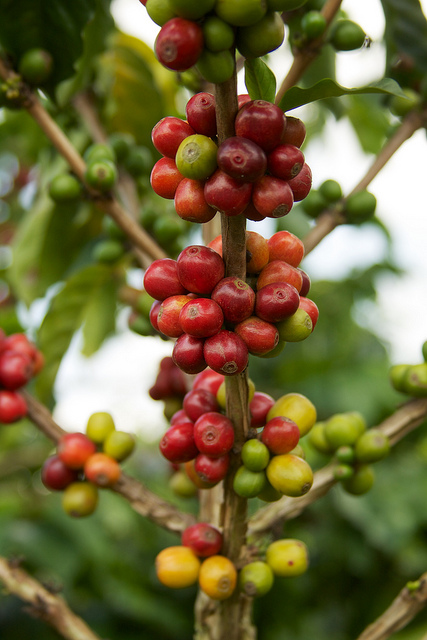New article: The role of the state for Geographical Indications of coffee

Xiomara-Fernanda Quinones-Ruiz
The role of the state for Geographical Indications of coffee: case studies from Colombia and Kenya
during my dissertation at BOKU I have focused on geographical indicators. My co-authors and I have now managed to published an article in “World Development”:
In the context of deregulation in the coffee sector, growers have looked for alternatives to survive in a competitive market with known imbalances and power relationships. The implementation of Geographical Indications (GIs) represents one of those options. Since there is no unique regulatory framework to register and implement GIs, we aimed to understand how GI protection and management help to rationalize the role of the state in the coffee sector by looking at two case studies (Colombia and Kenya). The Colombian case shows how a coffee federation (gathering more than 500,000 growers) took the initiative in GI protection nationally and internationally (EU, Switzerland, Ecuador) while the Kenyan case illustrates the prominent role of the state in pursuing protection via a collective trademark. Both countries having diverse approaches attempt to downstream the value of origin coffee branding and to strengthen quality management. Divergent public intervention in the coffee industry results from the empowerment of producers regardless of the legal tool used to protect GIs, whether through sui generis GI law or trademark law.
Barjolle, D., Quiñones-Ruiz, X. F., Bagal, M., and Comoe, H. (2017). The role of the state for Geographical Indications of coffee: case studies from Colombia and Kenya. World Development, 98, 105–119. https://doi.org/10.1016/j.worlddev.2016.12.006
Comments are disabled for this post.
0 comments